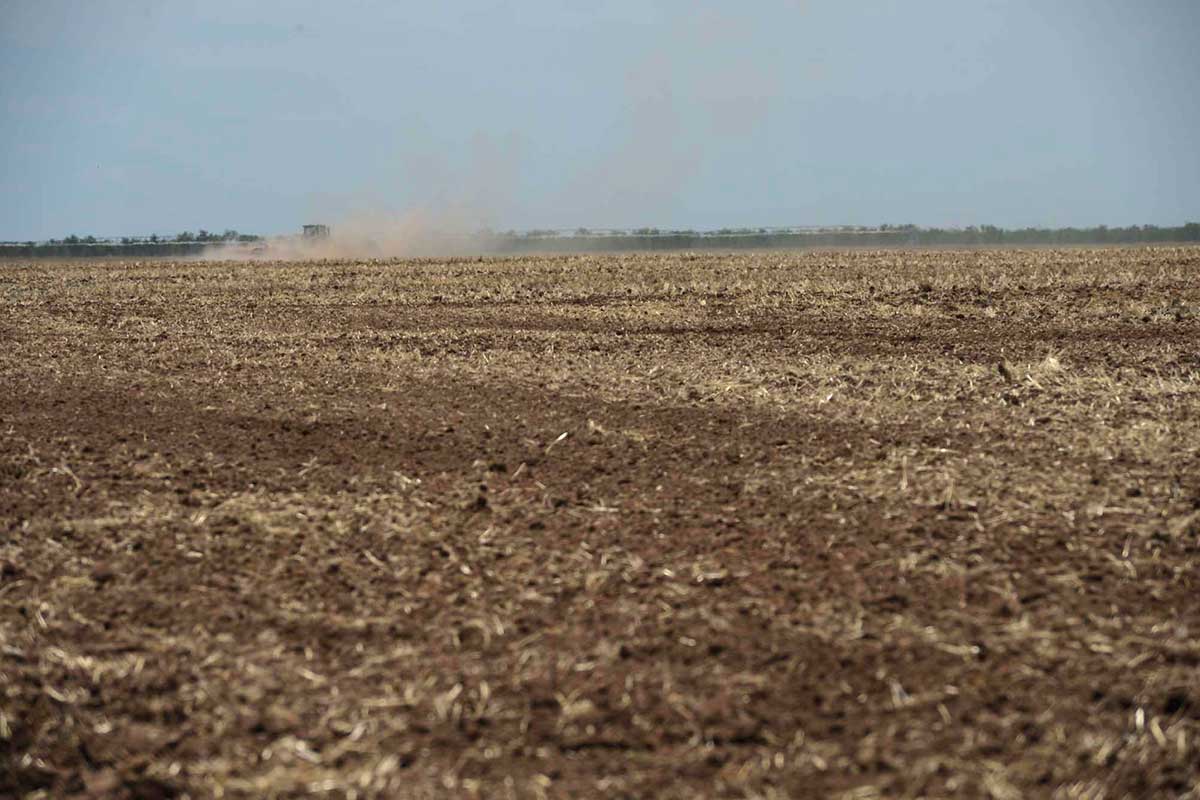There’s no escaping the discussion: From the Panhandle—big stretches of which remained in extreme drought conditions at press time—to the Rio Grande Valley, people are worried about water.
Not long ago, Texas Electric Cooperatives President/CEO Mike Williams visited Deaf Smith Electric Cooperative in Hereford. The scheduled conversation with President/General Manager Steve Louder and the co-op’s board of directors was about electricity. But they wound up talking about—you guessed it—drought and water.
More than 70 percent of the demand for the co-op’s power comes from irrigation pumping of the Ogallala Aquifer, which is being depleted faster than it is being recharged. After last year’s record-setting drought, and in light of the declining water table, there’s a real question about whether people can continue to make a living in some parts of the Panhandle.
It’s a dialogue, Williams says, in which the electric co-op model plays a vital role. For 75 years, he says, co-ops have been in the life-improvement business, specifically by providing safe, reliable and affordable electricity. Now, in the face of statewide water shortages, co-ops play critical roles as communication catalysts, bringing together public, private and governmental entities in search of the answer to the big question: What can we do?
For starters, Williams says, “Co-ops have walked the talk that we really are in the quality-of-life business. We’re more than invested. We’re not going anywhere. There’s no us and them—we’re all in this together.”
Co-ops, Williams says, care about people as members, friends and neighbors. “Electric cooperatives, their directors, their staffs, the people who work there—they live in those communities,” he says. “Their future as an electric cooperative is inextricably tied to the health and welfare of those communities. They care about whether the water runs out or not because if it does, then maybe those communities don’t continue to exist.”
In Hereford, the discussion focused on risk management related to water, the region’s economic engine. If the Ogallala’s level continues to steadily drop, the growth and welfare of the entire region will be affected. Without water, Louder says, farmers will have to start growing dryland crops or change occupations—or even move away.
“But the members of Deaf Smith Electric Cooperative are resourceful, and we will work together with them to make whatever adjustments we must,” Louder says.

